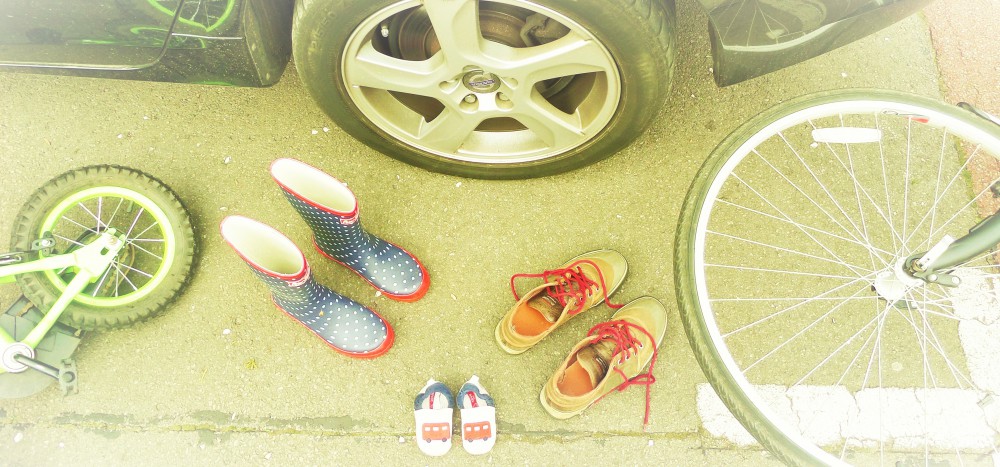Research.
What comes to mind when you hear or see the word?
A computer screen displaying a Wikipedia article or a Google search results list?
Or a library?
The couple of shelves of reference books in your nearest branch library, or the large room of periodicals and Dewey-decimalised bookcases in an average town’s central library? Or perhaps you can dredge up an image of a large municipal or academic or even national library. One in a building of civic proportions, with row upon row and room following room of commonly used sources interspersed with desks and tables, and sometimes people at those tables, researching.
If you are very fortunate, the word can conjure up even more rarefied images. Images of doors to stacks and archives housed in basements, and attics, and warehouses with mechanical ladders, and compacted floors with no windows and half-height staircases between them. Such spaces are usually the province of reference librarians only, but sometimes others are allowed in. These are images that bring research into the realm of imagination. Or they do for me, especially as I remember and reimagine myself in the stacks in Butler Library, Columbia University, where, far from the noise of New York City, one could journey up to the top of the multitude of short flights to rediscover daylight on none other than the building’s roof. Only the addition of Terry Pratchett’s Orangutan Librarian handing me a banana could enhance the vision further.
There are, of course, other, more realistic images of research. Images of laboratories and observatories, surveys and censuses, references and reviews. Yet such images, though less romantic in their visualisation, are quite as enticing in their purpose. Research, I think, is no less than one of the cornerstones of civilisation. Research renews and creates civilisation, whether the topic is focused on understanding the past or investigating the potential future.
Why am I writing about research and what does it have to do with transport?
I have been thinking that transport research is what I am spending more and more of my time doing. Whether I am seeking inspiration for this mainly transport-focused blog or striving to keep up with all the news and studies cited in my professional journals and bulletins, I am researching. Usually from my desk at home, via the tools of the internet, but researching nonetheless.
In past working roles, there were plenty of reading and writing tasks, yet I only infrequently had the opportunity to do something I considered to be research. I was reacting and reporting, designing and delivering. I was only occasionally working to “establish facts and reach new conclusions” (OED). Often facts were provided by clients or became subjective with political spin. Conclusions were made as recommendations for action, but they could be based on existing programmes or precedents. They weren’t necessarily the result of an investigation into the evidence available, nor were they necessarily ‘new’. Time and support for innovation, never mind research, can be scarce commodities in the offices of many employers.
Yet now I am able to take the time, and I enjoy doing so. I have realised that research is not just a search for evidence or knowledge. It is discovering evidence and gaining knowledge that can improve understanding, give insights, untangle perspectives. Even reading news articles, I can research the range of discourse to arrive at a more balanced picture of events than that provided by the day’s headlines. Research demands a systematic approach and sometimes a scientific methodology, but that is part of its nature rather than its appeal. For me, how research can expand the mind, both individually and collectively, is what makes me feel privileged to have opportunities to think about research, write about research and do, in my own way, research.

Research is fun to come up with a hypothesis and then have the time and resources to support it or not!